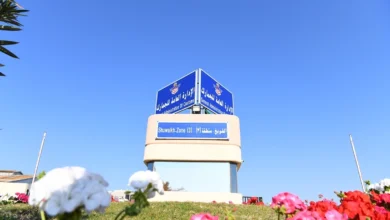‘Populist laws’ will push Kuwait towards a financial impasse

Experts and economists have warned of the consequences of giving in to economically illogical populist demands and parliamentary bidding, and the resulting catastrophic financial consequences that the public treasury may be unable to bear and push Kuwait towards a financial impasse that threatens its economic standing and sovereign credit rating.
In the past period, the chaos of parliamentary demands has continued in light of the absence of economic logic in them and the failure to study their financial cost, as if they suggest a plan to deplete the “generations” reserve, in light of the frustrating government inability to pass laws that enhance financial sustainability and a miserable failure to achieve tangible progress in the file of financial and economic reforms, reports Al-Qabas daily.
While the experts pointed out the state’s limited ability to respond to ill-considered parliamentary demands with high costs, they stressed that all financial and economic data indicate that Kuwait’s finances are on their way to explosion, and it is only a matter of time, in the absence of real, implementable reform programs accompanied by a strong will.
To implement it on the ground, what increases the seriousness of the financial situation is that salaries and subsidies eat up about 80% of the country’s budget, in exchange for modest spending on capital projects, which is often faced with many obstacles that hinder its path.
They warned that the deficit for the next fiscal year 2024-2025 may reach 6.1 billion dinars at an optimistic rate of oil prices of around $80 per barrel, and rise to 9 billion dinars at a rate of $70 per barrel, at which point salaries, wages and subsidies will constitute about 113% of the general budget revenues, and higher than that. For current expenses, without taking into account the cost of absorbing between 20,000 to 25,000 citizens coming to the labor market.
They reported that any cash spending in the form of increases or allocations that appear on the surface to be grants will not constitute any added value to the economy, but will evaporate in the market, which responds to every increase in a direct manner. An example of this is the increase in the housing loan, which was reflected in land prices in Kuwait.













